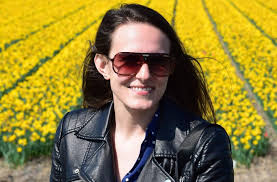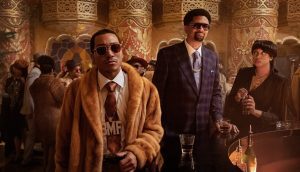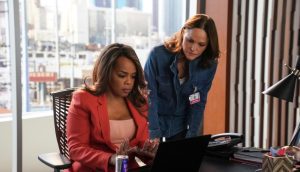Campanella: “I judge cinema more by what I see than by film”

Spanish cinema
Valladolid (Spain), Oct 28 (EFE). – Argentine director Juan Jose Campanella on Thursday distinguished between the films seen in cinemas from those broadcast on television and platforms: “I judge cinema more by how I look at it how I consume it than by the film I watch,” he emphasized.
Campanella on Thursday gave major film lessons at Semenci, Valladolid International Film Week (north-central Spain) and lamented that “cinema as a medium now has its life on television”, a situation he believes has been exacerbated by the pandemic and the closure of rooms during the first months of confinement. .
The winner of the Academy Award for Best Foreign Language Film for “The Secret in Their Eyes” in 2009 admitted that he considers tapes that go to platforms “for television, not cinema”, and in this sense he differentiated between these two ways of viewing. Films.
“The cinema will be seen in theaters with 300 people, 300 of us laugh, we feed laughter, laughter is louder. If something is sad, we start crying at the same time,” said the director.
During his time back at Seminci, a festival linked to his career and awarded this year with a Spike of Honor, he spoke of the transformation the sector is undergoing, at a time when “everything that’s being presented, even in Hollywood, is coming out on TV”.
About the fact that the “directors with all odds” that the US greats have shown their projects on platforms like Netflix, Campanella asked, “if they hand the pie, what’s left for me?”.
The director, who was nominated for another Oscar for “The Son of the Bride” and won in Spain two Goiás awards, warned that this situation had been exacerbated by the epidemic, because “for the first time in history all cinemas are closed at the same time. It makes people afraid to go.”
On his way to see films at the cinema, he said that he had to leave the hall with the three-Oscar winner “Twelve Years a Slave” (2013) by Steve McQueen, because he “was too good” and was supposed to have a “two-hour torture session”.
“It accomplishes what is fundamental to the film, which is not telling a story but getting people to live the story,” he explained.
In front of the reception room of the Calderon Theater filled with students and film lovers, the Argentine director considered that to work in this sector it is necessary to have “rhino skin” in the face of criticism, because “everything is plotting against him and not in his favour.”
During the master class, he advised to separate criticism “of the person who wants to destroy you from the person who wants to improve you”, while at the same time trusting one’s potential, knowing that there are always things to improve.

“Professional problem solver. Subtly charming bacon buff. Gamer. Avid alcohol nerd. Music trailblazer.”




:quality(75)/cloudfront-us-east-1.images.arcpublishing.com/elcomercio/6NEH6FMKYBCU7JJWZ5GVRZKTRM.jpg)
/thumbs.vodgc.net/1-14-FnXFWZ1684253239488_1080P.jpg)





